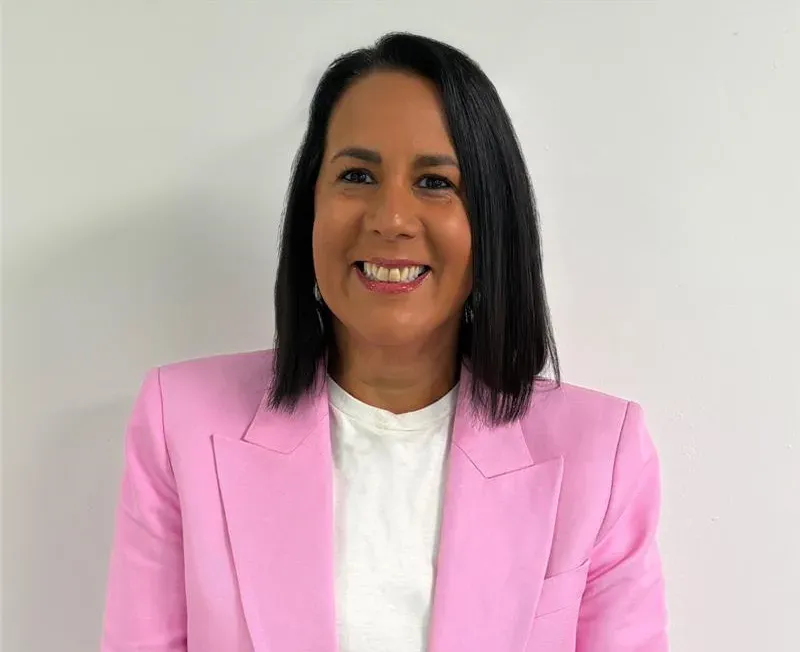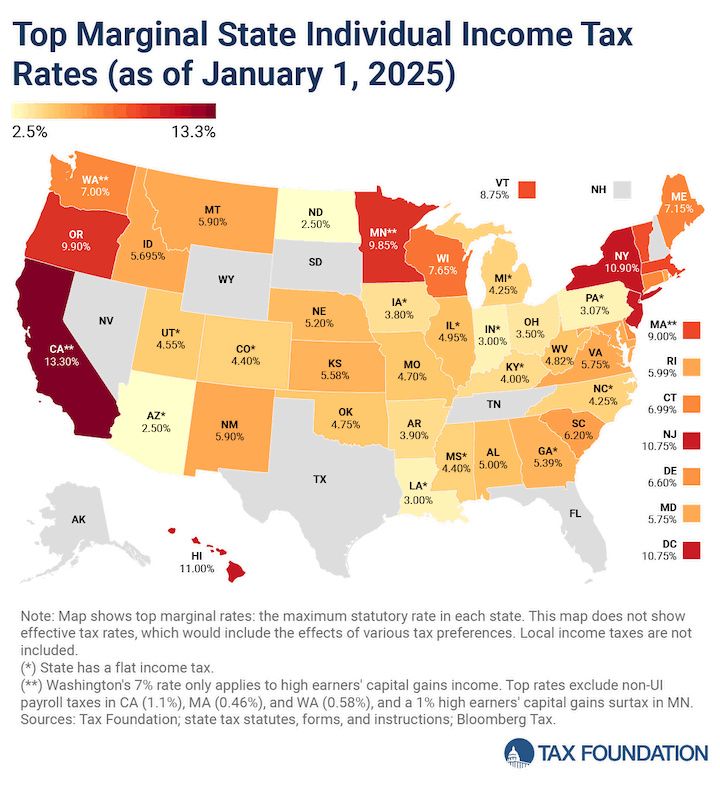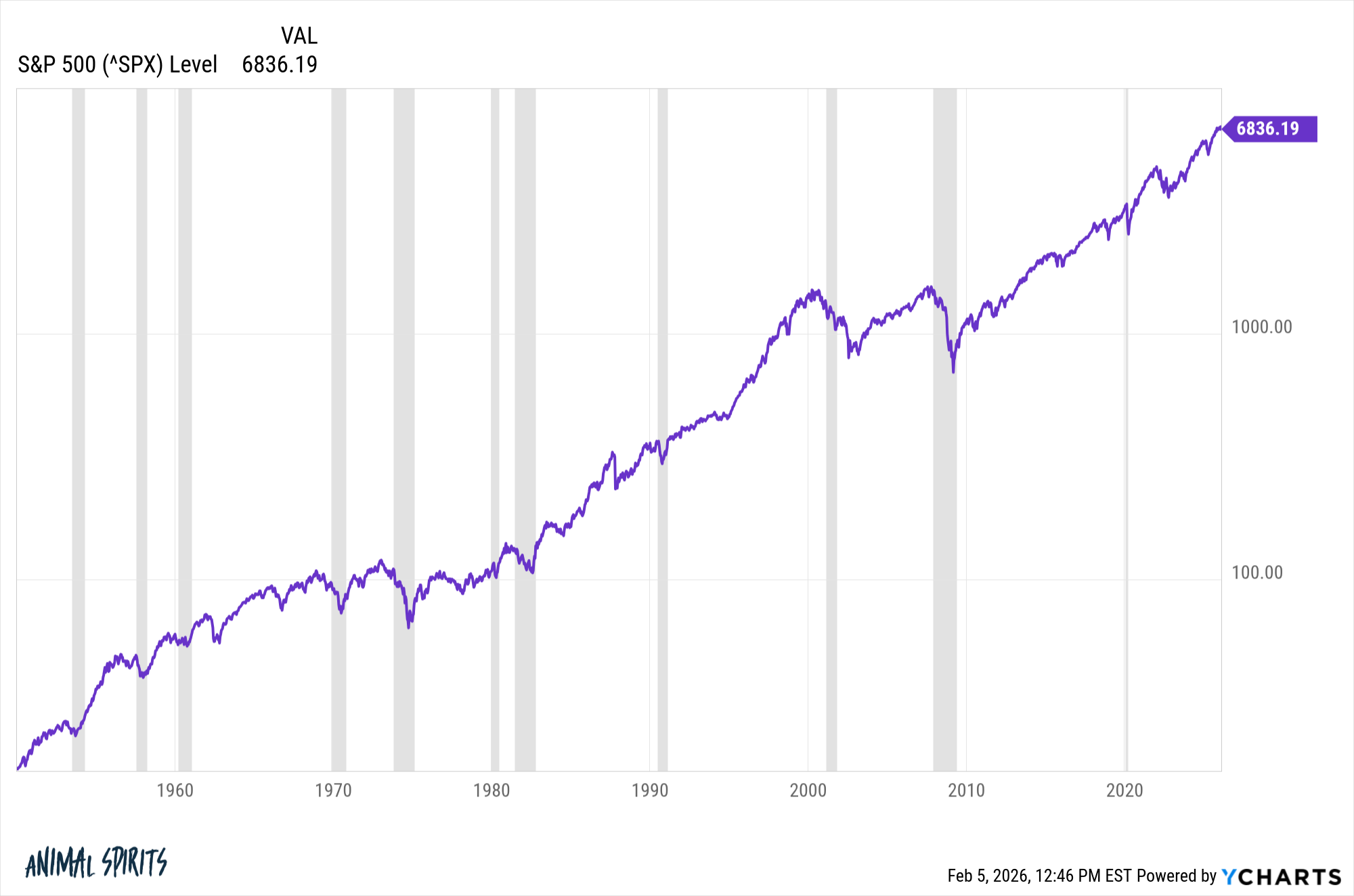Coming out of the 2008 financial crisis I felt a little lost.
It was a dark time in the world of finance. People were scrambling to come up with explanations for the financial crisis while trying to figure out how to invest in what felt like a new paradigm.
So many people were wrong about the financial crisis while the ones who called it were completely blindsided by the recovery. I lost faith in most of the traditional voices out there.
Then I stumbled upon Barry Ritholtz’s blog. That led me to become a religious reader of Josh Brown’s blog.
It was just what I needed.
They talked like normal people, not financial robots. They didn’t pretend to have a crystal ball. They had distinctive voices and made the markets fun. No bullshit.
A few years later I decided to follow Josh and Barry’s lead and start my own blog.
One of the reasons I started writing is because I felt stuck.
I was doing interesting work with intelligent people but it didn’t feel like I had any ownership over the philosophy or direction of the investment process. I got the itch to do something else and writing was my outlet to figure out what that could be.
A few months after I started A Wealth of Common Sense, Josh and Barry sent out an announcement on their blogs that they were starting their own wealth management firm.
That’s exactly the kind of firm and the kind of people I would love to work with I thought to myself at the time. Ah well, they’re in New York City. I’m in West Michigan. They have no idea who I am.
No one was really reading my stuff at that point but I kept blogging.
I immediately fell in love with the process of writing. I could take everything I’d been learning and thinking about the markets and organize it in a way that made sense to my jumbled brain.
I slowly but surely developed an audience and found my voice.
I sent a cold email to Josh and to my surprise he responded. I wrote an anonymous blog post for the Reformed Broker. He liked it and started linking to my blog regularly.
Tadas picked it up and started including my stuff on his daily round-ups at Abnormal Returns.
Michael and I started to DM and share ideas. I started growing a network of other financial bloggers I respected. I found my people.
I went to NYC a few times for work trips and got to meet the whole crew at Ritholtz Wealth. Then I had a phone call with Josh where I told him I was ready for a career change.
What do you want to do?
I want to work with people who have the same philosophy as I do about how to invest and manage relationships.
I want to help clients of all shapes and sizes. I want my content to be part of my day job.
So come do that for us.
The firm had just six people at the time. They all lived and worked in New York. I was in Michigan.
We figured out a remote work strategy on the fly.
That was 10 years ago.
People in my life were skeptical at the time.
You’re going to leave the billionaire family who has their name on half the buildings in Grand Rapids to work for some bloggers you met on the Internet?!
When you put it that way it does seem like a crazy leap of faith. The funny thing is I had either the confidence or the naivety to overlook any potential risks involved.
I never had any doubts that it would work out.
Ritholtz Wealth managed around $140 million when I joined in the fall of 2015. I was the 7th employee after Barry, Josh, Michael, Kris, Patrick and Erika. We were a start-up at that point.
No one really took us seriously but we took ourselves seriously and that’s all that mattered.
I traveled to NYC to our old office on Park Avenue when I joined the firm. We all went out to get tacos at our favorite Mexican spot down the street to celebrate.
Barry stood up to offer a toast on my first day.
We’re building out the infrastructure to become a billion dollar firm. That’s where we’re going.1
As of June 30, 2025 we now manage $6.4 billion. We’re growing like crazy, well on our way to more than 80 employees.
We have offices all around the country.
We’ve gone from a start-up band of finance misfits to a mature organization.
I’ve learned a lot along the way. Here are a few lessons:
Client fit is vital. One of the principles we had from the start was the idea of client fit. The client needed to ensure our services were a fit for them, obviously. But we also needed to make sure clients were the right fit for us.
It had to be a two-way street to form long-lasting relationships.
If you take on the wrong clients — people who have unrealistic expectations, chase performance, consistently try to time the market, call all the time with unreasonable demands, etc. — it’s a waste of everyone’s time.
That client is going to leave eventually anyway and in the meantime they’re going to keep you from focusing on other clients that deserve your attention.
My first week on the job Kris Venne (our financial planning architect) and I were on a prospect call with a guy whose family was worth more than $100 million.
Twenty minutes into the call, Kris stopped the guy and said I’m sorry you’re not going to be a good fit for us. Someone else will try to do what you’re asking for but not us.
The guy was taken aback.
Kris gave him some advice and thanked him for his time.
It was nothing personal. This guy was in search of the Holy Grail of investing (which does not exist). It never would have worked.
That amount of money would have been a game-changer for the firm at that stage in our lifecycle.
We would’ve nearly doubled in size overnight. But it probably would have gone right back out the door 12 months later when they realized we couldn’t invest only when markets go up and avoid them when they go down.
That helped me realize this idea wasn’t just lip service. We wanted to work with the right type of clients, regardless of their size.
Overnight success is overrated. When joined the firm I assumed all these wealthy families and big institutions would throw their money at us. It didn’t happen right away.
It was for the best.
We had to add different layers of expertise, services and people.
We slowly but surely moved upstream and then downstream.
We now have the ability to serve clients of all shapes and sizes with different offerings for households and organizations.
Experience is not the same thing as expertise but there are areas where you need the reps to become more comfortable dealing with certain situations, problems and clients.
Developing institutional knowledge takes time. You can’t rush it.
Content has a flywheel effect. Our marketing strategy from the outset has relied on content. First the blogs, books, TV appearances and then podcasts and YouTube.
My original assumption was that the people who followed our content that needed help would become clients and eventually that well would run dry.
But it’s the opposite.
People reach out to wealth management firms when they need help. It could be a life event or a new level of financial complexity or the realization that it’s time to outsource or some other reason.
It’s not a single piece of content that matters.
It’s the consistent effort that compounds over time and keeps you top of mind when people need advice.
It’s the people that matter. Over time we’ve added great people with expertise in different areas to better serve our clients — tax, insurance, estate planning, corporate retirement plans, etc.
Michael has this saying when thinking through potential hires that if it’s not an automatic yes, then it’s a no. That criteria is as much about who they are as a person as who they will be as an employee.
I like to say our philosophy is universal but the strategy is personal when it comes to financial plans for clients. We share the same sentiment when it comes to hiring new employees.
It’s hard to put a price on the ability to work with people you like and respect. These people are more than colleagues now.
They’re my friends and family.
Last year we got some bad news about my brother’s prognosis a few days before I was supposed to hop on a flight to pay a visit to our HQ in Manhattan. Our worst fears were realized as the doctors confirmed the cancer was spreading.
I was in a daze trying to wrap my head around my brother having stage 4 pancreatic cancer. My wife told me I should cancel the trip. Everyone would have understood.
For some reason I decided to go. Maybe it would get my mind off the bad news, even for a brief moment.
I talked to Josh, Michael and Kris about what was going on. We went out for dinner. There was nothing they could say to make things better but they listened and supported me.
That’s what I needed.
Six months later Michael flew in from NYC for the funeral.
Everyone at the firm has been supportive during what’s been the worst experience of my life. You never want to test how close your bonds really are with people but going through this has solidified my RWM family.
I’m not trying to make it sound like we have it all figured out. We don’t. We made plenty of mistakes along the way.
I’m sure we’ll make more in the future.
But I’m thrilled with the fact that we did it our way. Our philosophy. Our clients. Our people.
Our process. No outside capital.
I don’t know what comes next because I cannot predict the future.
I can’t wait to see where we go from here.
Further Reading:
10 Years of A Wealth of Common Sense
1He also said the firm could barely afford my salary but we would grow into it. Wait what?! That would have been nice to know that ahead of time but it wouldn’t have changed my mind at all.
Disclaimer: This story is auto-aggregated by a computer program and has not been created or edited by finopulse.
Publisher: Source link








